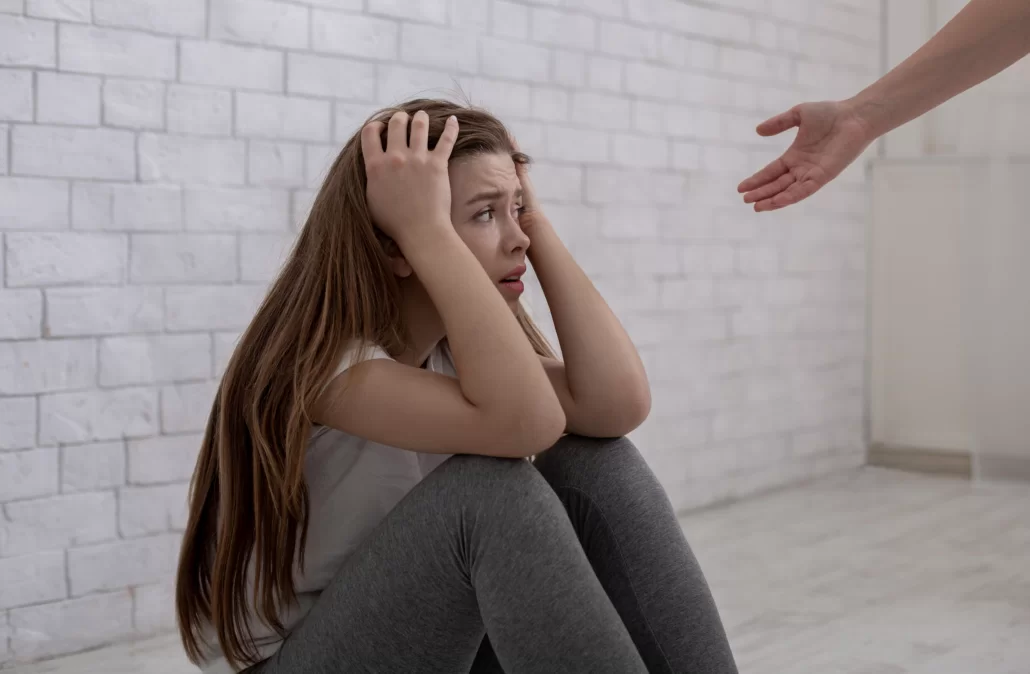A Residential Treatment Center (RTC) is a live-in facility that provides comprehensive treatment for individuals struggling with addiction, mental health disorders, or other behavioral issues. RTCs offer a structured and supportive environment where individuals can focus on their recovery without distractions and triggers of everyday life.
Residential Treatment Center programs typically offer a range of services including individual and group therapy, medication management, detoxification, 12-step programs, recreational therapy, and educational and vocational programs. The length of stay can vary from several weeks to several months, depending on the individual’s needs and the program’s requirements.
RTC programs are often recommended for individuals with severe addiction or mental health issues, as well as those who have unsuccessfully tried other forms of treatment. They provide 24-hour supervision and support from trained professionals, which can be particularly helpful for individuals with co-occurring disorders or who have experienced trauma.
RTC programs also often involve family therapy and support to help individuals and their loved ones understand and cope with the challenges of addiction and mental health disorders. This can improve family relationships and create a supportive home environment for the individual after leaving the program.
Overall, RTCs offer a comprehensive and intensive approach to treatment, which can help individuals achieve long-term recovery and improve their overall quality of life.
Benefits of Residential Treatment Center
There are several benefits of Residential Treatment Centers (RTCs) for individuals struggling with addiction, mental health disorders, or other behavioral issues. Here are some of the main benefits:
24-hour support and care: RTCs provide round-the-clock care and support from trained professionals, which can be particularly helpful for individuals with severe addiction or mental health issues. This level of support can help individuals manage withdrawal symptoms, cope with emotional distress, and prevent relapse.
Structured and supportive environment: RTCs offer a structured and supportive environment where individuals can focus on their recovery without distractions and triggers of everyday life. This can help individuals build healthy habits, develop coping skills, and practice relapse prevention strategies.
Comprehensive treatment: RTCs offer a range of services including individual and group therapy, medication management, detoxification, 12-step programs, recreational therapy, and educational and vocational programs. This comprehensive approach can address the complex needs of individuals with co-occurring disorders or who have experienced trauma.
Peer support: RTCs provide an opportunity for individuals to connect with others who are going through similar experiences. This peer support can provide a sense of community and belonging, which can be particularly helpful for individuals who feel isolated or stigmatized.
Family involvement: RTCs often involve family therapy and support to help individuals and their loved ones understand and cope with the challenges of addiction and mental health disorders. This can improve family relationships and create a supportive home environment for the individual after leaving the program.
Overall, RTCs offer a safe and supportive environment where individuals can receive comprehensive treatment and support for addiction, mental health disorders, or other behavioral issues. This can help individuals achieve long-term recovery and improve their overall quality of life.


